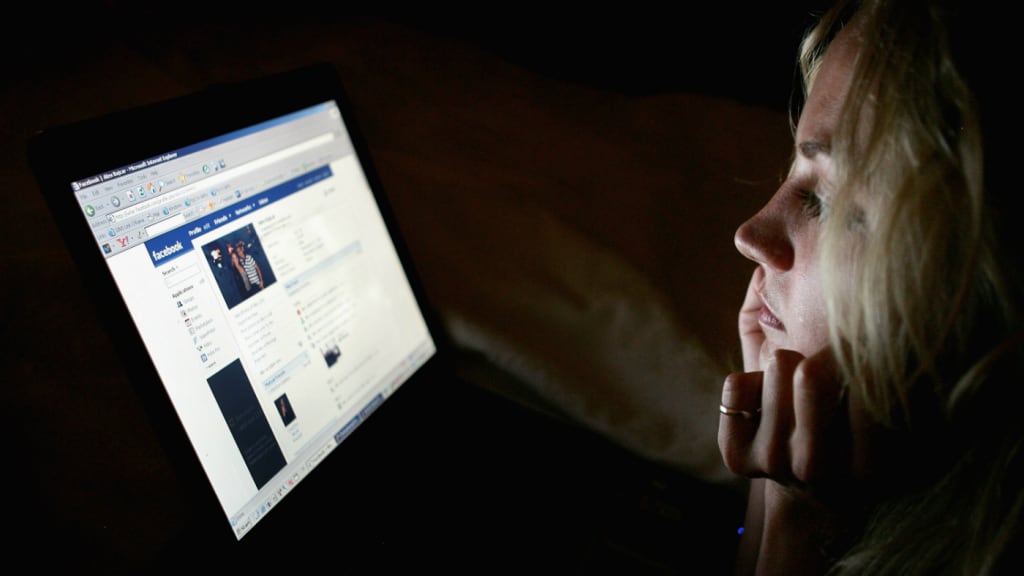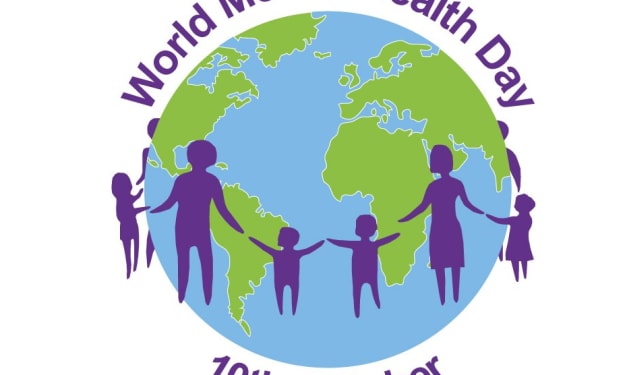Survey Reveals Two Thirds Of Social Media Users Want Better Mental Health Protection
Findings Show People Who Used Social Media During The Pandemic Had More Negative Thoughts Than Those Who Didn't

New research has revealed that two thirds of UK adults believe that social media companies should have a duty to protect the mental health of people who use their services on various different platforms.
These new findings come as a result of a survey of a sample of four thousand people by wellbeing company Soul Analyse and One Poll which focused on social media use during the current Coronavirus pandemic affecting the world. When asked what different companies could do to help prevent users from becoming mentally unwell or developing symptoms, over half of those calling for more mental health protection from social media companies felt that different platforms should suggest tips on how people can access help or advice if they feel that certain posts might trigger people in to having different forms of mental illness. This could be the details for different charities or organisations who may be able to help people suffering from certain conditions.
64% of those surveyed said sensitive posts should carry a trigger warning, while half wanted to be able to easily hide sensitive content. Clear guidelines on how users should not interact with one another (53%) also ranked highly.
Almost three quarters (73%) said they would like to see people who troll permanently banned.
Overall, the study found that 53% of respondents feel social media platforms are not doing well when it comes to safeguarding the wellbeing of users, contrasted with only 4% who feel they are doing very well.
Following the findings of this research, the UK Government recently appointed Love Island's Dr Alex George as their ambassador for mental health. Just over a third of respondents believed that all social media companies should look to follow the government's guidelines on mental illness to avoid causing any unnecessary harm, physically or mentally to people who may use their services. Consequently this will help prevent a lot of unnecasary law suits or legal complaints for harm caused to people that could have been avoided.
"Our research shows people have been turning to social media more frequently throughout the pandemic - 48% say the time they spend browsing has increased since the first lockdown began in March 2020. Over two thirds (67%) of these are now spending up to an hour more on social media per day and a further 18% are spending up to two hours extra," said Stephanie Dunleavy, founder of Soul Analyse. "The majority of social media users clearly feel platforms must play their part in creating a healthy online environment. Social media companies could introduce a 'conduct agreement' box for people to tick each time they log on, which may help to deter trolls."
A third of respondents to the survey said that if they used various forms of social media through out the pandemic, it caused them to experience more negative emotions, with news about Covid-19 (65%) and information that might not be true (54%) topping the list of content making them anxious, sad or fearful.
However, this was outweighed by those who felt positive emotions when scrolling through social media (44%). 64% credited seeing optimistic posts as the main reason for feeling happy or calm, and a further 60% responded well to being reminded of the sentiment that 'everyone is in this together'.
When asked how using social media had made them feel in general during the pandemic, 'connected' was the top answer (40%). Overall, more people reported experiencing positive feelings (57%) than negative ones (38%).
The research found that 60% of UK adults with one or more social media accounts spend, on average, up to two hours per day on social media platforms.
Facebook, YouTube and Instagram are the most heavily used platforms, with users scrolling for a daily average of 50 minutes, 41 minutes and 32 minutes respectively. Twitter follows with 24 minutes.






Comments
There are no comments for this story
Be the first to respond and start the conversation.